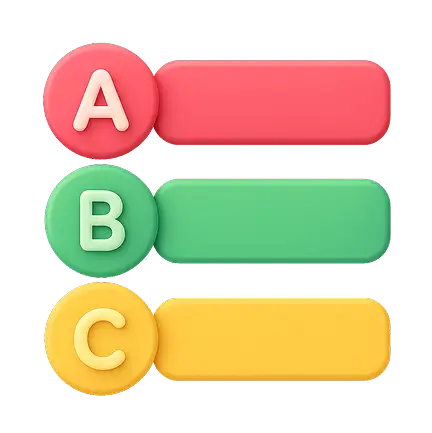The terms "amber box," "blue box," and "green box" are often associated with the agriculture sector and are commonly used in discussions related to international trade negotiations, particularly within the framework of the World Trade Organization (WTO) Agreement on Agriculture.
-
Amber Box: This refers to domestic support measures considered to distort agricultural production and trade. These measures typically include price supports, production subsidies, and other forms of support that are considered trade-distorting.
-
Blue Box: This category includes domestic support measures that are considered less trade-distorting compared to those in the amber box. However, they still involve certain constraints or conditions aimed at limiting their trade-distorting effects.
-
Green Box: These are domestic support measures that are considered minimally or non-trade-distorting. They typically include subsidies that are tied to environmental or rural development objectives, as well as certain types of direct income support that do not distort trade significantly.

